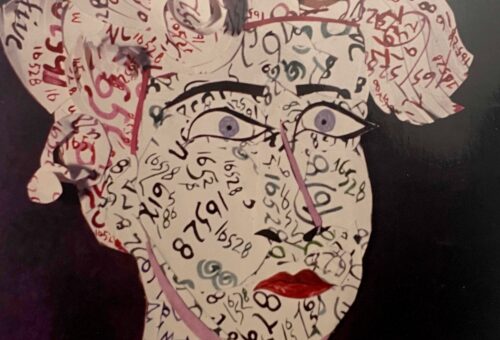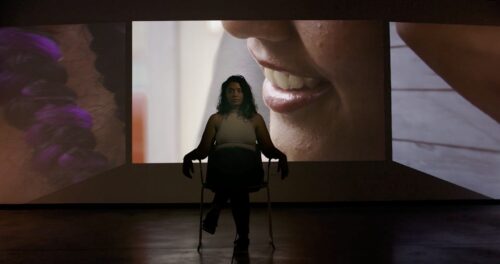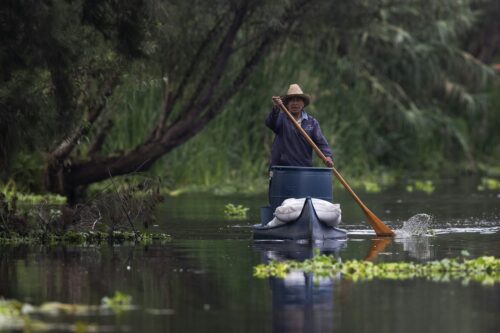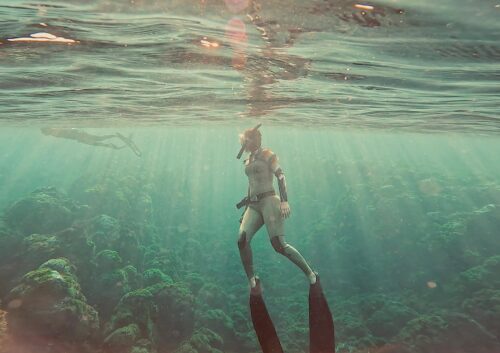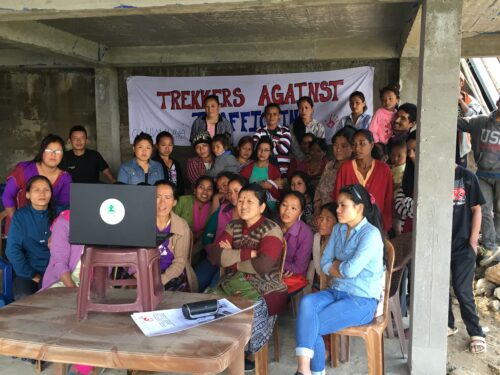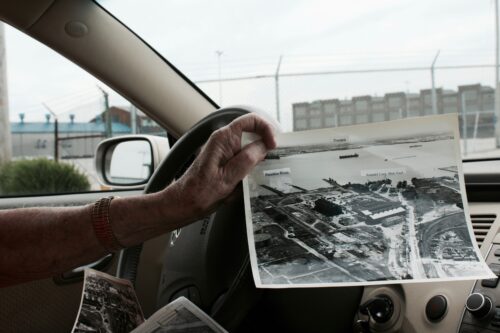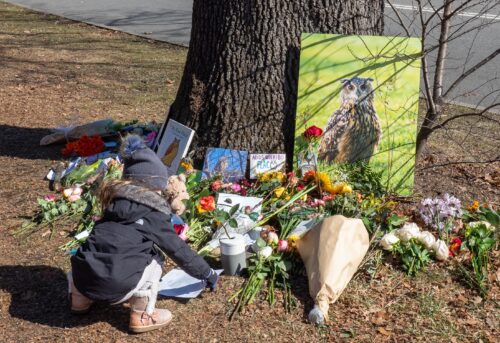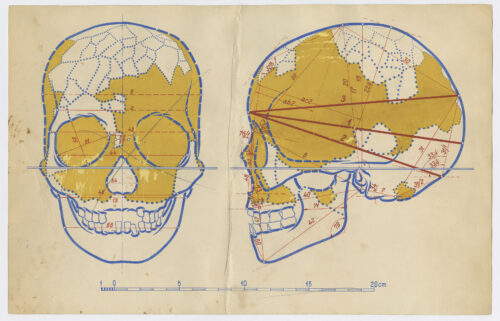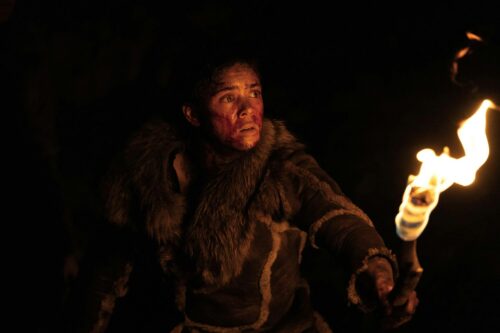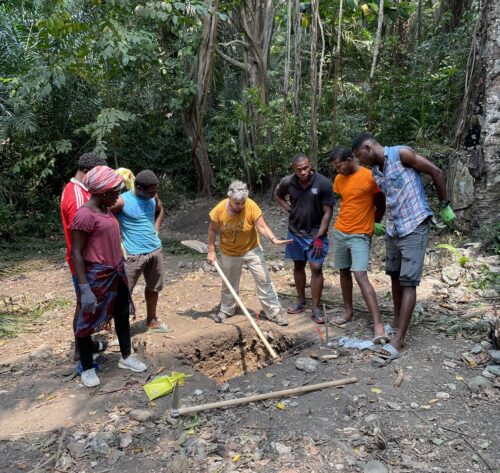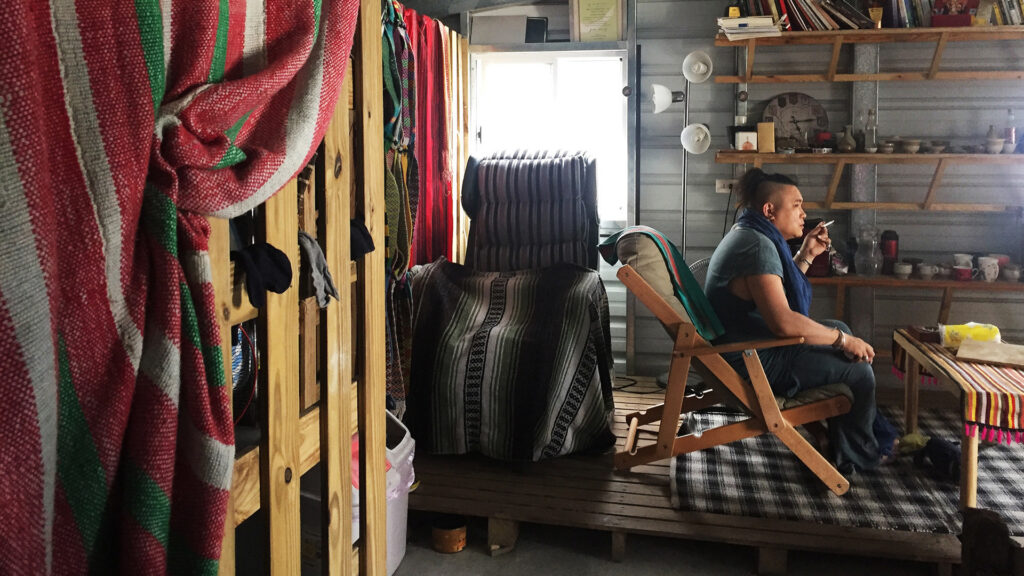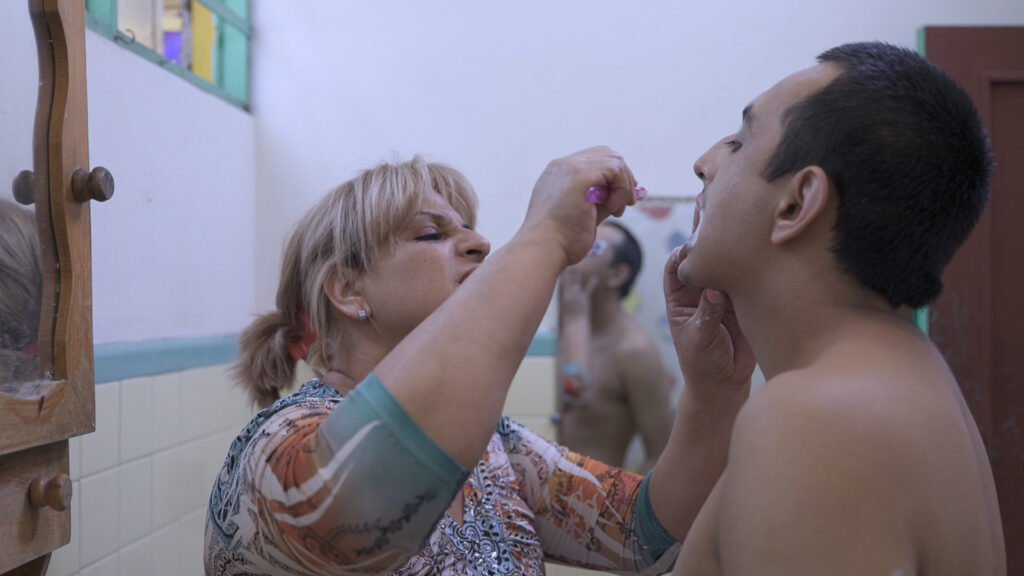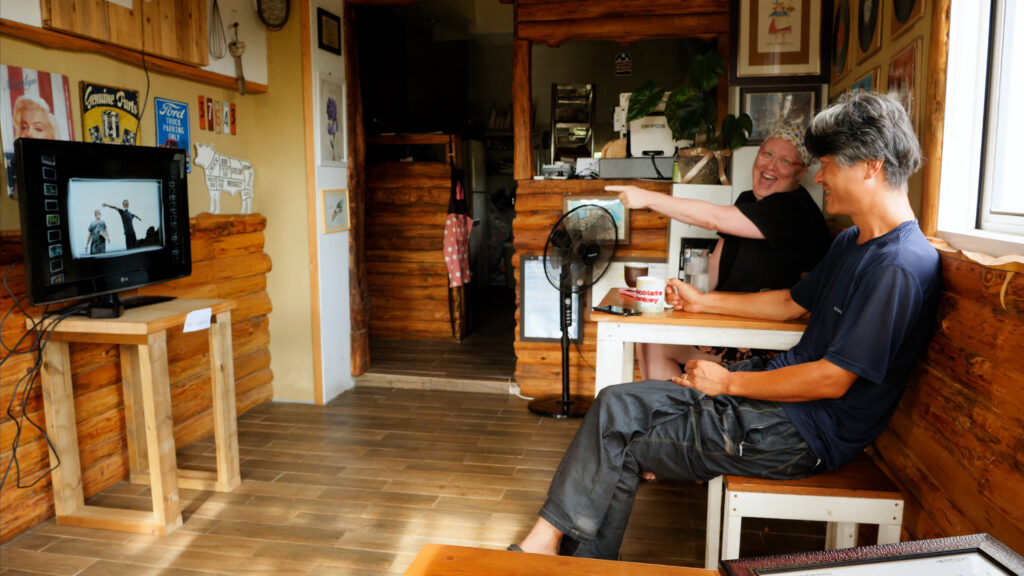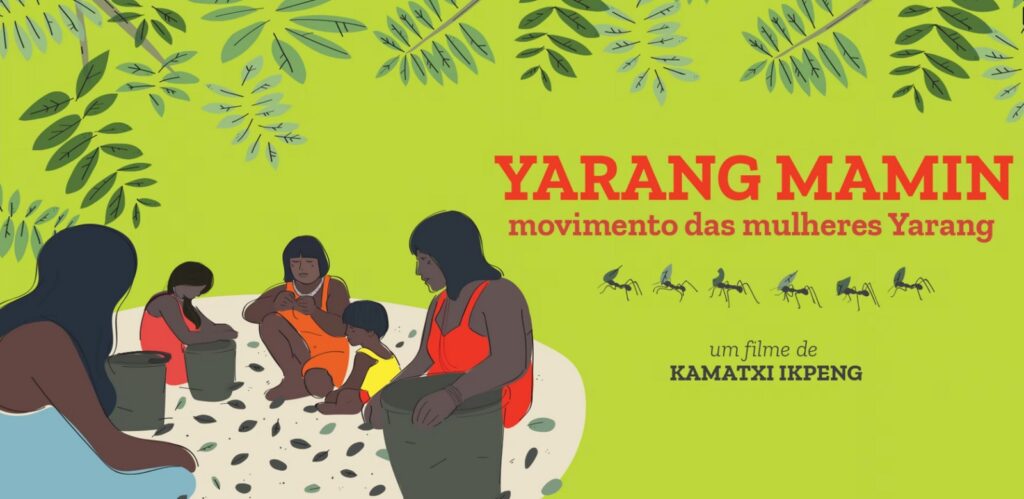Five Highlights From the 2023 RAI Film Festival
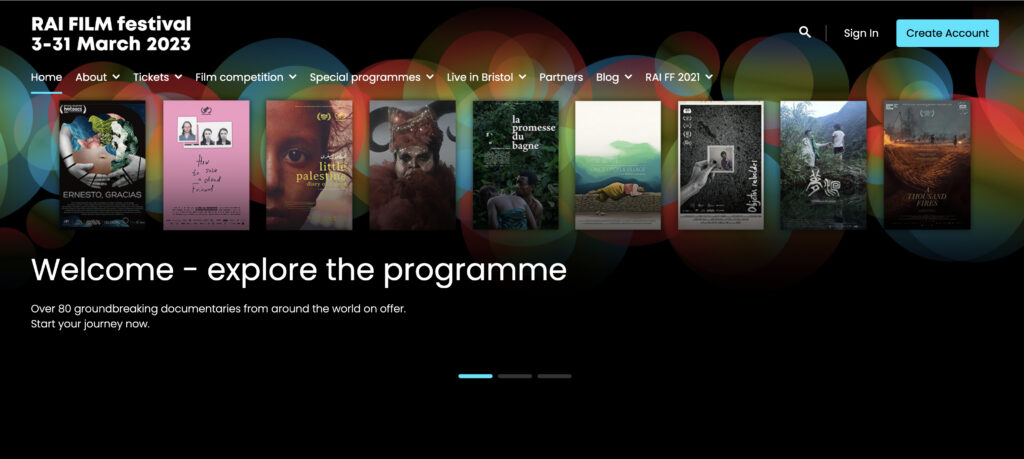
The art of anthropological documentary filmmaking is thriving.
One only has to peek at the program for this year’s RAI Film Festival to realize this is the case. Since 1985, the Royal Anthropological Institute of Great Britain and Ireland has hosted the festival to promote the role of documentary filmmaking within anthropology. Over the years, the RAI Film Festival has grown into a showcase for the best in groundbreaking and innovative anthropological documentary filmmaking from around the world.
As the RAI Film Festival’s co-directors, our mission is to support the role of film within anthropology, champion the work of filmmakers, and foster a thriving and inclusive community. The 2023 festival makes over 80 works available for viewing online throughout March, with a curatorial approach that foregrounds multiple perspectives and amplifies marginalized voices. SAPIENS is partnering with the festival this year and sponsoring an Audience Award where viewers can vote for their favorite films through March 26.
For some viewers, the idea of anthropological filmmaking might call to mind early 20th-century ethnographic films, such as the 1922 Nanook of the North, which depicts an Inuit family living on the Ungava Peninsula of Eastern Canada. Such films observed and documented global cultures from a White, Euro-American perspective; they often played into and reinforced racist and colonial stereotypes. Anthropological filmmaking continues to grapple with this legacy today.
The 2023 RAI Film Festival gives space to films that confront this anthropological filmmaking tradition while taking it in fresh directions. The filmmaker Trinh T. Minh-ha has described this effort as creating films that “speak nearby” rather than “speak about” people with whom we work. To that end, we have programmed this year’s festival to grapple with the urgent issues of our times and have selected fearless films that ask difficult questions, build bridges, seek redress from past harms, and promote social justice and dialogue. We have asked ourselves: How can, and should, anthropological filmmaking contribute to the shaping of a more just future?
The selected films do this by tackling questions of form and representation, and by centering approaches that push the field of anthropology into new terrain. For example, some of the featured filmmakers blur the distinction between fiction and nonfiction. Others use collaborative methods to produce co-created films that raise questions of authorship and perspective. We also see anthropologists increasingly draw on techniques of art, animation, and experimental documentary as part of their visual research projects.
Along with these new developments within the discipline, Indigenous filmmaking has grown over the last decades into a flourishing tradition of self-representation that reclaims Indigenous concerns, voices, and aesthetic perspectives. Since 1991, the RAI Film Festival has celebrated these filmmakers and shared their work in the hope of nurturing dialogue and exchange.
Here are five suggestions that showcase the breadth of this year’s festival program. We encourage readers to explore the rest of the offerings on the platform.
1. SWIRLING IN THE DREAMS
With stunning insight into Indigenous Taiwanese divination practices, director Su Hung-en follows a young and charismatic gender-nonconforming shaman as they practice healing rituals with their clients. Insightful observational scenes are interspersed with dramatized dream sequences that evoke a spirit world that exists alongside our own.
2. ERNESTO, Gracias
Costa Rican director Laura Ángel Córdoba delivers a powerful, first-person narrative that reflects on the responsibilities and dilemmas of caring for a beloved, autistic brother in a country with limited welfare provisions. Ángel Córdoba accompanies her intimate and revealing portrait of family life with breathtaking dance sequences that are at once expressive and cathartic.
3. TEN BY TEN
In this short film, director Jami L. Bennett features her sister Jessica and Jessica’s husband Dongseop, who run an American-style diner in South Korea. After an appearance on prime-time TV, the restaurant goes viral. The humorous film follows the couple as they navigate their new-found fame while exploring themes of home, food, and identity.
4. YARANG MAMIN
Yarang is the name of a leaf-cutting ant from the Amazon rainforest and the namesake of an Indigenous environmental women’s movement in Xingu territory (Mato Grosso, Brazil). In this film, director Kamatxi Ikpeng, who is rooted in this community, honors and documents the group’s dedicated efforts to collect forest seeds and reforest the river banks. Yarang Mamin is one of the 10 films in the Arandu—Listen to the Weather program, which celebrates 35 years of Indigenous filmmaking in Brazil.
5. ALANIS OBOMSAWIN RETROSPECTIVE
This year’s program features a retrospective of films from Alanis Obomsawin, the recipient of the 2023 RAI Film Lifetime Achievement Award. A member of the Abenaki Nation, Obomsawin has directed more than 50 films highlighting the concerns, struggles, and stories of First Nations communities over the course of her legendary 54-year-long career with the National Film Board of Canada. We selected 10 films that provide an overview of the different stages of her career, including Kanehsatake: 270 Years of Resistance (1993), Our People Will Be Healed (2017), and, most recently, Honour to Senator Murray Sinclair (2021).
